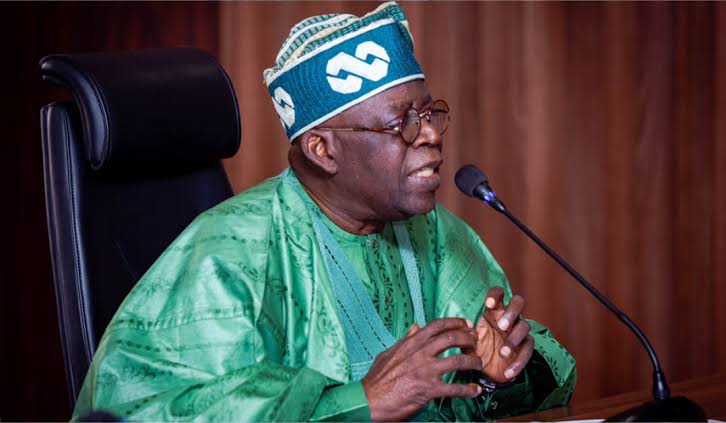Analysis: How President Tinubu Can Tackle Insecurity
Nigeria’s new president, Bola Ahmed Tinubu, has promised to make security a top priority of his administration. In his inaugural speech he promised, among other things, to provide security personnel with better training, equipment, pay and firepower. The security situation in Nigeria has deteriorated over the past eight years.
Data compiled by this author, from the Armed Conflict Location & Event Data Project shows that there were 59,279 fatalities from security related incidents between 29 May 2015 when President Buhari assumed office and 18 May 2023.
Boko Haram, which has existed in various forms since the 1990s, was for many years the country’s biggest security challenge. The insurgency, which started in Borno State, was concentrated in the north-east region.
Read Also: NLC, TUC Shelve Strike, Adjourns By June 19
But now, other non-state armed groups are spreading violence all over Nigeria. Buhari made a number of promises to address Nigeria’s chronic security problems.
Deteriorating situation
Buhari’s administration got off to a strong start in 2015 because it was able to secure arms from the US. This made an impact on the capacity of terror and insurgent groups in the north-east.
But, over his two terms, things got worse in every part of the country. The group has attacked military and civilian targets in north-west Nigeria and remains a threat in the north-east.
In Plateau State, Benue State and southern Kaduna, rural communities face attacks from ethnic militias identified by survivors as Fulani. In 2018, these attacks claimed six times more civilian fatalities than the terrorist insurgency in the north-east.
Over 100 settlements in Plateau State and southern Kaduna have been occupied by Fulani groups and renamed after communities were displaced. Initially it appeared to be driven by ethnic feuds between Fulani and Hausa groups.
They even bombed a train and abducted passengers. Numerous bandit groups now exist across the north-west region and Niger State. When they are not kidnapping for ransom, they exploit the lack of state presence to impose taxes and protection levies on rural communities.
Kidnapping for ransom is currently a blooming criminal enterprise across urban areas in Nigeria and on major road networks.
His lopsided appointments – known as Buhari’s 97% vs 5% – fuelled a violent secessionist threat in the region. Four successful breaks occurred during President Goodluck Jonathan’s regime, with 930 escaped and 274 rearrested or returned.
New administration’s to-do list
These measures can improve the impact of security budgets. It’s also vital to address the socio-economic factors that contribute to insecurity. The country needs job creation, poverty alleviation and inclusive economic growth, particularly in areas affected by insurgency and insecurity.
- Security agencies need better oversight and coordination, along with performance monitoring and accountability. These measures can improve the impact of security budgets.
- It’s also vital to address the socio-economic factors that contribute to insecurity. The country needs job creation, poverty alleviation and inclusive economic growth, particularly in areas affected by insurgency and insecurity.
- Investment in education, healthcare and infrastructure will create opportunities that discourage criminal activities.
- Inclusive governance is essential for peaceful coexistence and a sense of belonging. The government must also address the lingering crisis of displacement and occupation in the middle belt, and the secession agitation in the south-east.
- Effective communication between communities and security agencies is essential.
- The security sector must respond faster to early warning signs.
- Finally, perpetrators of violence and their sponsors must be prosecuted.
Written by Sallek Yaks Musa, Lecturer, University of Northampton.

